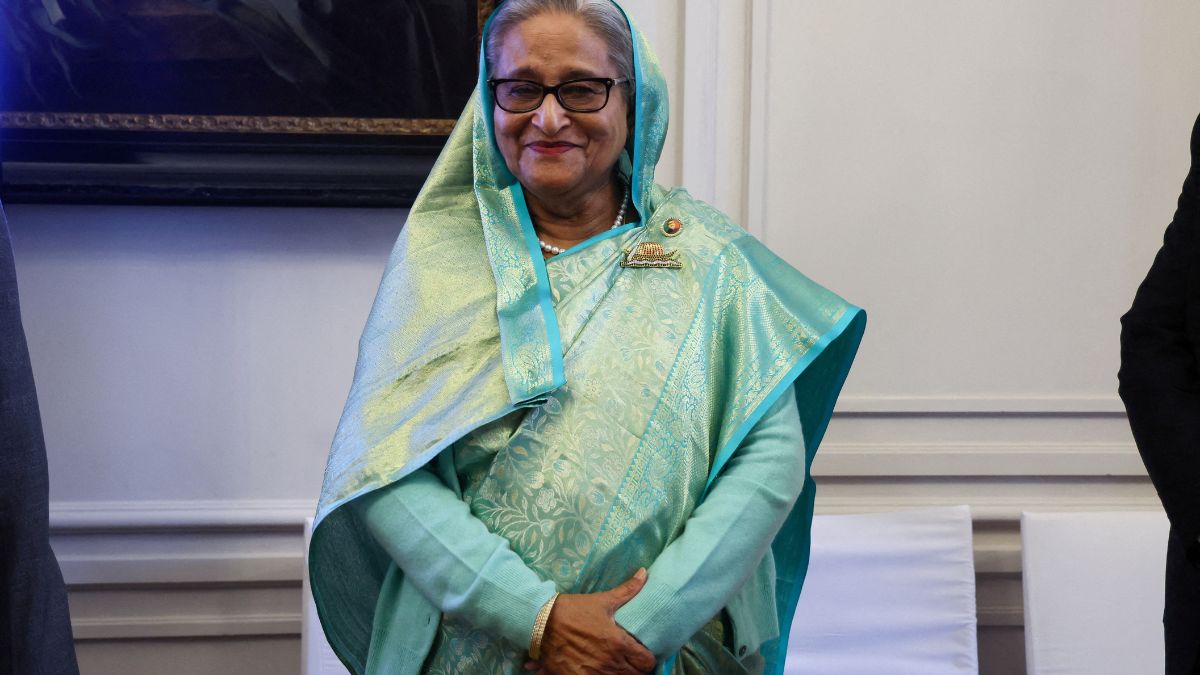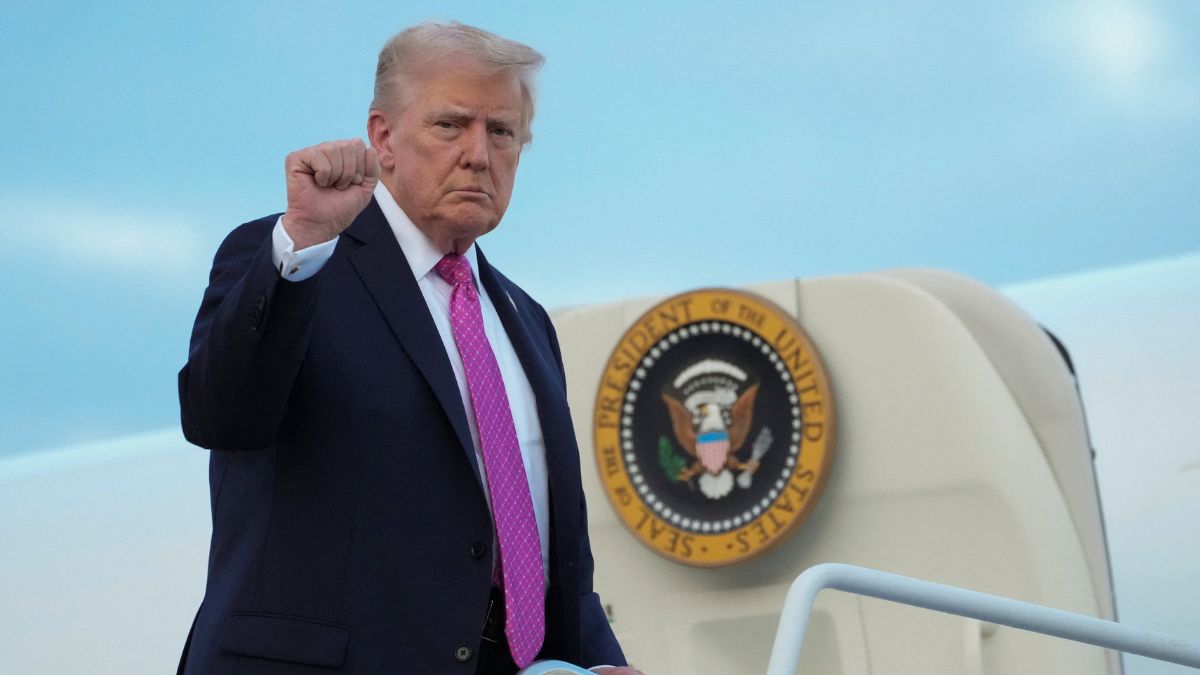In the latest act of political retribution, Bangladesh’s Muhammad Yunus regime has locked national identity cards of former Prime Minister Sheikh Hasina and her family members, barring them from voting them in elections. The regime has already banned her party, Awami League, from contesting elections.
In the latest act of political retribution, Bangladesh’s Muhammad Yunus regime has announced that former Prime Minister Sheikh Hasina and her family members have been barred from casting their votes in the country’s elections.
After staying in power without elections for a year, Yunus last month said he would hold elections in February 2026. But those elections would neither feature the country’s largest party, Bangladesh Awami League (BAL), as a contestant nor feature the country’s longest-ruling prime minister as a voter.
Under an anti-terrorism law, Yunus has banned Hasina’s party, Bangladesh Awami League (BAL), from contesting elections.
Yunus bars Hasina, family members from voting
The National Identity cards (NIDs) of Hasina and her family members have been ‘blocked’, essentially barring them from voting.
“To my knowledge, she [Hasina] cannot vote because her NID is blocked,” said Election Commission (EC) Senior Secretary Akhtar Ahmed on Wednesday, according to Dhaka Tribune.
In addition to Hasina, NIDs of her sister Sheikh Rehana, her son Sajeeb Wazed Joy, and her daughter Saima Wazed Putul, have been locked, barring them from casting their votes, according to PTI.
Members of the extended family, such as Rehana’s children, Tulip Rizwana Siddiq and Azmina Siddiq; nephew Radwan Mujib Siddiq Bobby; Major General (Retired) Tarique Ahmed Siddique, a brother-in-law and Hasina’s former security adviser, his wife Shahin Siddique and their daughter Bushra Siddique; are also barred from voting, according to the report.
Yunus cracks down on Hasina, promotes Islamists
In addition to banning BAL from contesting elections, Yunus has declared its student wing, Bangladesh Chhatra League (BCL), as a terrorist organisation and banned it from political activities.
With such bans, Yunus has benefitted radical Islamists from outfits like the Jamaat-e-Islami that propped his unelected regime.
The success of Jamaat in recent student union elections, including in campuses where it was banned for decades, shows the mainstreaming of radical Islamism that Yunus has presided over since being propped as the country’s interim ruler.
Yunus has also freed several extremist and terrorist leaders, even those from groups like Al Qaeda, after taking over the country.
End of Article

)

)